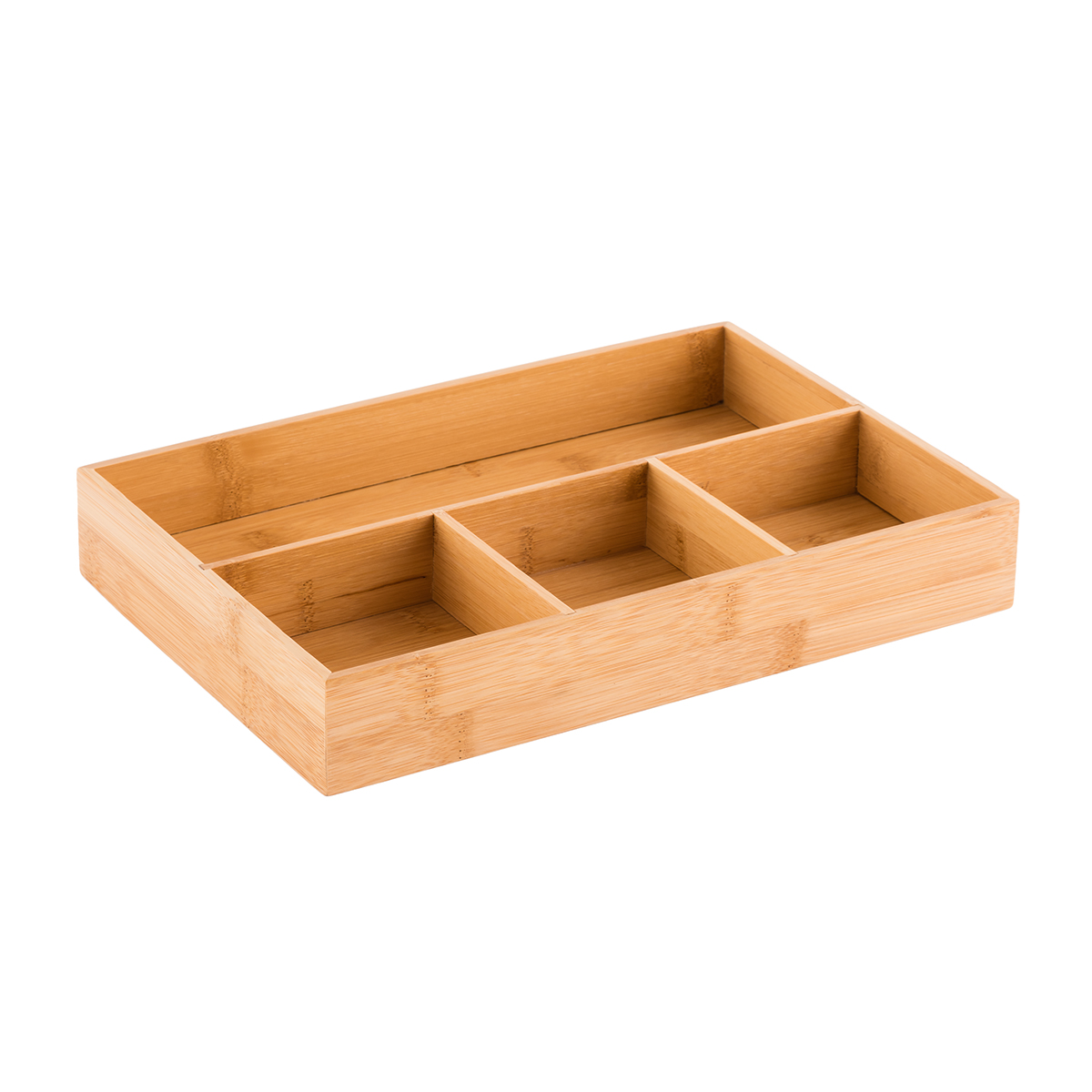After I finish an organizing job, the first thing I do when I get home is start decluttering and reorganizing my own things. Even though I’m usually exhausted, I can’t help but want to ride the wave of healing that decluttering and organizing brings.

Mostly, the desire to continue to purge and reorganize my few existing items stems from the realization that every modern person has too much stuff, and most of that stuff is unnecessary, and most of that stuff is in some way causing a burden rather than a benefit in their lives. As I purge and organize others, viewing their items objectively (not with judgment, however), I see that so much of what we keep isn’t necessary or functional, but serves an emotional purpose for us. It’s natural for us to feel attached to our things, even silly items like plastic toys or a collection of bottle caps. Our primitive brain tells us to gather and collect anything that catches our eye, so naturally we form a bond with the stuff that fills our shelves and makes our house feel like a home.

The problem is when we leave our stuff behind for others to deal with. Or when our continual consumption causes demand that creates more stuff, which only winds up in landfills, destroying Mother Earth.
Now, don’t get me wrong. I’m like any other woman who loves to shop for fashionable outfits, super cute shoes, and beautiful home décor. But years after purchasing products, I often ask myself why I bothered purchasing it in the first place. There have been countless times I’ve looked through my kitchen cabinets or dresser drawers and felt frustrated that I’d spent the money on something I never used. I’ve even spent money on “magical” medical cure-alls in the forms of super vitamins or protein powders or anti-wrinkle creams. Even those items pile up, creating clutter and collecting dust, only to end up polluting a landfill.

Even beyond plastic collectables and infomercial products, there are physical belongings we own that may actually mean something to us but are pointless in the end. This includes trophies, awards, accolades—even framed degrees and certificates. They line shelves, hang on walls, pile into drawers, taking up space. They represent years of studying, tens of thousands of dollars of debt, and decades of hard work. Having a physical representation of your time, effort, and excellence feels good. But in the end, it’s just more clutter. In the end, when your siblings or children or grandchildren are sorting through your stuff, it’s just more stuff, stuff that will be thrown into the garbage heap.

All this stuff makes me beg the question: what’s it all for? If you can’t take it with you when you go, what’s the point in studying for years, amassing debt, working seventy-hour workweeks? If all that hard work, time, and money is spent so that you can work at a career that gives you money to buy more stuff, has that time and money been well spent? Or have we wasted away our present moments in a constant quest to earn the trophies, the cars, the houses, the décor—all which is just thrown away in the end?
Is there a better way we can spend our time?
Can we learn for the sake of learning, not for the piece of paper at the end of the journey?
Can we work a job because we enjoy it and it makes the world a better place, not because we are striving for that award, that trophy?
Can we only purchase stuff that is made from sustainable resources, stuff that is useful, functional, beautiful, and doesn’t pollute the Earth in the end? Stuff that can last generations, and be handed down rather than thrown out?
Can we demand that all of the companies making the stuff stop making so much stuff?

Sometimes I walk into Target and I feel sick. Those dollar bins are great when for planning a party, but otherwise, it’s just piles and piles of junk. Plastic junk that won’t degrade or compost. Why? Does anyone need all those little trinkets? No. We don’t. We have to demand it stop being made. It only causes unnecessary clutter in our homes and pollution to the earth.

We are the consumers. We have the purchasing power. When we realize that nothing we buy can go with us to our graves, we can be empowered to create change.
Stop buying the things. Demand better made products. Change your habits to change the world.
Because you can’t take it with you when you go.
Is Minimalism for rich people? It’s definitely for child-less people, right? What about married people? Can they be minimalists? Is it impossible? Impractical? Classist? Do only people…
With 2018 well underway, it’s time to get serious. You’ve guzzled down every last leftover bottle of wine from Christmas, eaten the final dozen cookies from New…
With rugrats running around your house, how do you keep everything in order? Can you teach toddlers to put their toys away? How do you label items…
Much to my dismay, not everything in life can fit into perfect little boxes, or nestle into aligned spots on shelves. Not everything can be contained. Not…
What’s the deal with souvenirs? I’ve never understood the point of someone lugging back some bizarre ceramic toad or shark’s tooth or fertility vase to give to…









